Technological advancements have transformed the way we live and work, but they have also brought about a significant environmental challenge: electronic and electrical waste (e-waste). The ICT sector contributes to this problem through the use of non-renewable and harmful materials, such as lead and mercury, and the pollution caused by improper disposal of e-waste.
Each year, over 50 million tonnes of e-waste are generated globally, yet less than 20% is recycled. Without intervention, this figure is projected to reach 74 million tonnes by 2030. Needless to say, improperly discarded e-waste poses serious risks to both the environment and human health, underscoring the urgent need for sustainable solutions.
Why Rare Materials Matter
Another critical challenge is the reliance on rare materials in modern electronics, such as gold, lithium, cobalt, and rare earth elements. These materials are vital for the performance of devices like smartphones, laptops, medical diagnostic devices and renewable energy technologies. However, the materials are classified as "rare" for a reason - their natural abundance is limited, and their supplies do not replenish quickly, making their sustainable use an urgent priority. Also, their extraction raises significant environmental and ethical concerns, including habitat destruction, carbon emissions, and unsafe labour practices in mining regions.
The Circular Solution
To address these issues, sustainable electronics (manufacturing processes and devices themselves) must become a priority. Initiatives focus on:
Designing for durability and repairability, reducing the need for frequent replacements.
Low-impact electronics manufacturing, utilising low-environmental production methods
Recycling and recovering rare materials, minimising reliance on mining.
Promoting circular business models, such as leasing electronics instead of outright sales, to encourage reuse and refurbishment.
The Path Forward
Innovative research led by the REACT Centre is paving the way toward net-zero electronics. The Centre focuses on key areas, including sustainable materials, advanced fabrication processes and design, low-carbon systems, and cradle-to-cradle circularity - recovering precious metals and critical raw materials.
By addressing e-waste and reducing reliance on rare materials, the REACT Centre supports a more sustainable future while fostering collaboration between academia, industry, and policymakers.
Let’s react to the challenge together!
If you are interested in collaborating with the Centre, please contact: React@glasgow.ac.uk


